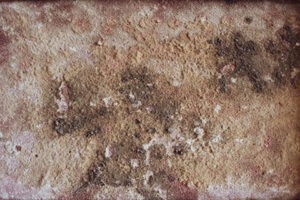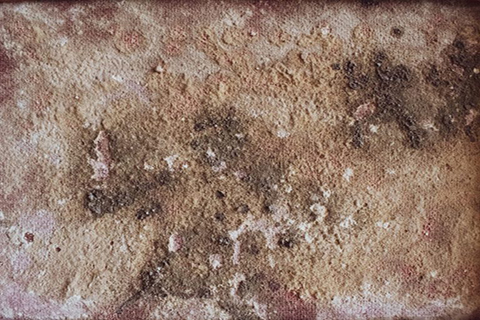Finding Mold in Your Home
Mold is a really big deal if it shows up in your home. Infants who are exposed to mold in their homes are 3 times more likely to develop asthma.[1] Overall, around 1 in 5 people who have asthma developed it because of mold exposure.In other words, it’s not something you want to mess around with. Do you suspect that you have mold growing somewhere in your home? But, how to find mold in a house? Let’s find out.
How to Find Mold in Your Home
Are you noticing that you have a strange rash or suffer from cold symptoms like a runny nose or sore throat that you just can’t shake? Does your house smell odd, especially after being shut up for a while? These things should trip your mold radar and set you on the hunt. Here are some signs to watch out for.

- Yellow or brown water stains on the walls, ceilings, or floor
- Rusty carpet tacks when you pull up a small section of carpet
- A musty smell in enclosed spaces
- A musty smell when the heater or air conditioner kicks on
- Dark grout between your shower tiles
- Peeling wallpaper
Mold begins to grow on a material within 24-48 hours of it getting wet. Thus, any indication of an undiscovered (and untreated) leak can mean you have a mold problem.
But where do you look for these signs?
Where to Look for It
Mold needs moisture to grow. Dark, damp places are the perfect environment for it — so start there. Look under the kitchen and bathroom sink, keeping a sharp eye out for leaks. Head down to the basement or crawl space and look for signs of mold. Open closets and do a sniff test.
One of the reasons that mold can be so difficult to find is that it often grows inside the walls. Obviously, you can’t go around knocking holes in all your walls to check for mold. However, if you are reasonably sure that there is mold growing inside a wall, cut a small hole so you can check.
By the way, taking a sledgehammer to the wall (though it might be therapeutic if you’re stressed) isn’t a good way to search for mold. This type of action can disturb the mold spores and scatter them all over your home, possibly creating other colonies you’ll have to deal with next.
Professional Mold Remediation
Now that you know how to find mold in your house, what do you do when you run across some? You might be able to handle a small mold infestation on your own, but what if you discover a large, thriving colony? Messing with that much mold can be hazardous to your health and if you don’t handle the cleanup correctly, the problem will come back or create more trouble spots in other areas of your home.
To avoid this, call in a professional mold remediation team. Here at Integrity Restoration and Remodeling, we have the equipment and expertise required to ensure that your mold problems disappear the way they should.
Mold can have serious consequences on your health so don’t wait, contact us at Integrity Restoration today if you have found mold in your home.

